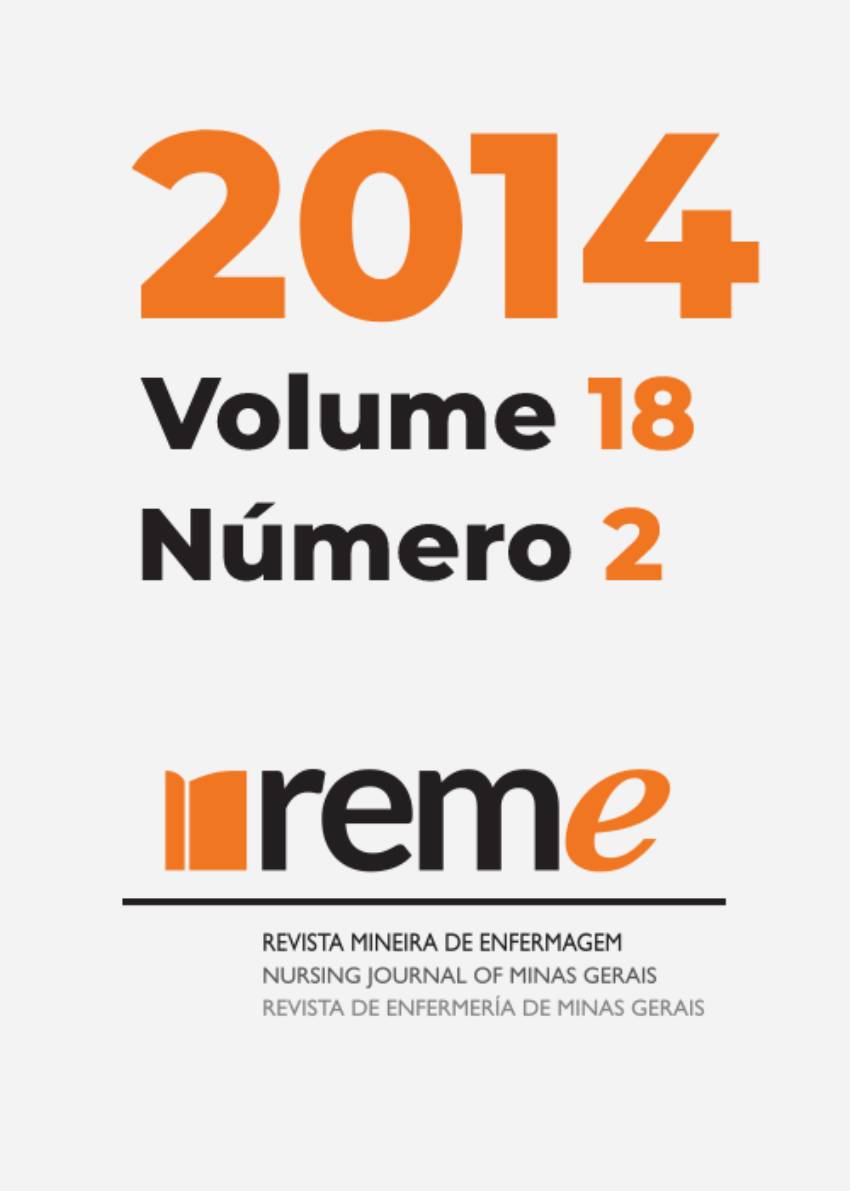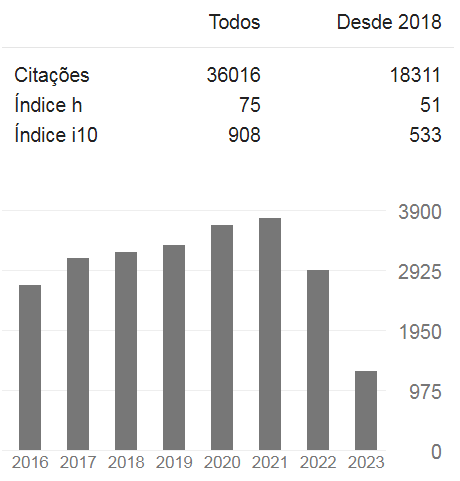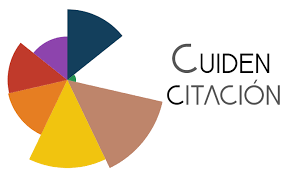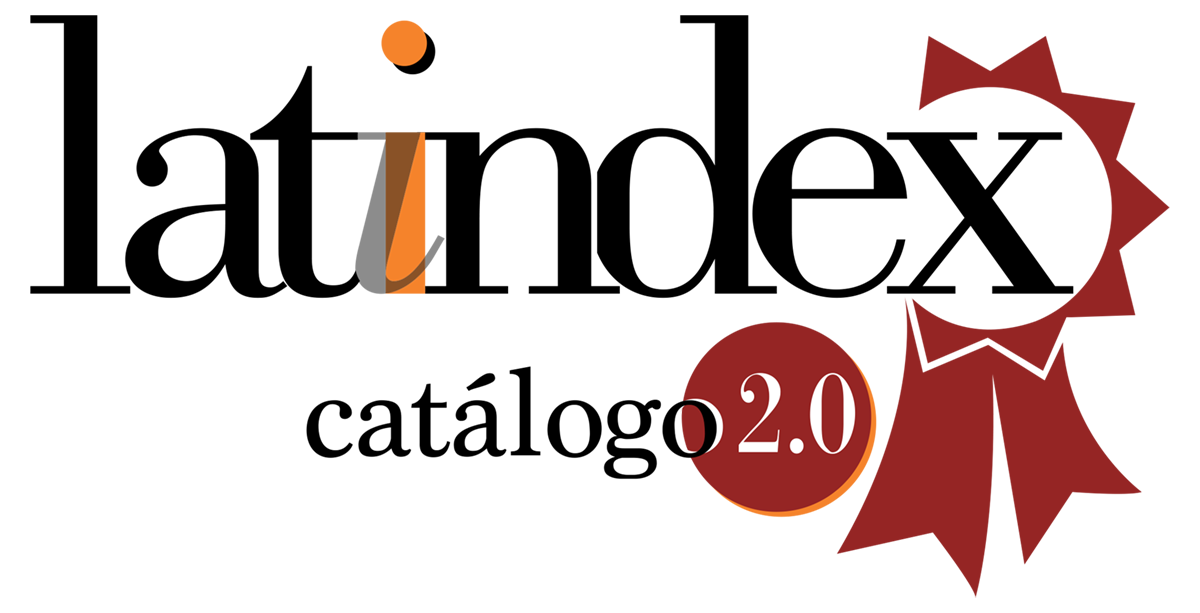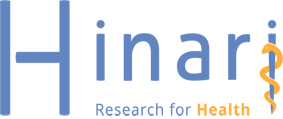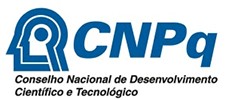Occupational stress in the mobile emergency care service
DOI:
https://doi.org/10.35699/reme.v18i2.50160Keywords:
Stress, Physiological, Burnout, Professional, Emergency Medical ServicesAbstract
This study aims to evaluate the levels of job stress among Marilia's Mobile Emergency Care Service professionals, consisting of an exploratory and descriptive study. Data collection was performed by a subject's identification formula and the instrument Escala de Estresse No Trabalho, an adaptation for Portuguese of the original questionnaire Job Stress Scale, created in 1988 by Töres Theorell. Data was analyzed using the software EPIINFO version 6.02. The research's population was composed of 60 individuals from different categories (nurses, nursing technicians, receptionists, physicians and drivers), and the analysis showed that the subjects have, at the same time, high levels of demand (exigencies and psychological pressures exerted by the job), control (the individual's capacity to use their intellectual abilities to exercise his or her work and have authority to decide how to do it) and social support (quality of the relationships established by the subject with their bosses and coworkers), consisting of a situation in which the professionals actively experience their work, with a low probability of job stress manifestation. These results remarkably differ from the impression sustained by nonprofessional people and even by health professionals of other specialties about the levels of stress related to the work on emergency, showing the necessity of analyzing the health services under a scientific point of view, in order to demystify beliefs and impressions that often do not match reality.Downloads
References
Stacciarini JM, Tróccoli, BT. O estresse na atividade ocupacional do
enfermeiro. Rev Latinoam Enferm. 2005; 9(2):17-25.
Sadock BJ, Sadock VA. Fatores psicológicos que afetam condições médicas
e medicina psicossomática. In: Kaplan & Sadock compêndio de psiquiatria:
ciências do comportamento e psiquiatria clínica. 9ª ed. Porto Alegre: Artmed;
p. 877-905.
Lima EDRP, Carvalho DV. Estresse ocupacional: considerações gerais. Nursing
(São Paulo). 2000; 3(22):30-4.
Murofuse NT, Abranches SS, Napoleão AA. Reflexões sobre estresse e
Burnout e a relação com a enfermagem. Rev Latinoam Enferm. 2005;
(2):255-61.
Panizzon C, Luz AM, Fensterseifer LS. Estresse da equipe de enfermagem de
emergência clínica. Rev Gaúcha Enferm. 2008; 29(3):391-9.
Boller E. Estresse no setor de emergência: possibilidades e limites de novas
estratégias gerenciais. Rev Gaúcha Enferm. 2003; 24(3):336-45.
Batista KM, Bianchi ER. Estresse do enfermeiro em unidade de emergência.
Rev Latinoam Enferm. 2006; 14(4):534-9.
Zapparoli AS, Marziale MH. Risco ocupacional em unidades de suporte
básico e avançado de vida em emergências. Rev Bras Enferm. 2006; 59(1):41-6.
Alves MGM, Chor D, Faerstein E, Lopes CS, Werneck GL. Versão resumida
da “job stress scale”: adaptação para o português. Rev Saúde Pública. 2004;
(2):164-71.
Marília, São Paulo. Prefeitura Municipal. Prefeitura de Marilia. [Home Page]
[Citado em 2010 jul. 31]. Disponível em: http://www.marilia.sp.gov.br/
prefeitura/index.html.
Pimentel AT. Teleoperadoras ativas: estresse e expressividade oral [dissertação].
São Paulo: Pontifícia Universidade Católica de São Paulo; 2007. 126p.
Silva LG, Yamada KN. Estresse ocupacional em trabalhadores de uma unidade
de internação de um hospital-escola. Ciênc Cuid Saúde. 2008; 7(1):98-105.
Brasil. Ministério da Saúde. Política nacional de atenção às urgências. 3ª ed.
Brasília: Ministério da Saúde; 2006.
D’Andrea FF. A maturidade. In: D’Andrea FF. Desenvolvimento da
personalidade: enfoque psicodinâmico. 14ª ed. Rio de Janeiro: Bertrand Brasil;
p.109-42.
Published
How to Cite
Issue
Section
License
Copyright (c) 2014 Reme: Revista Mineira de Enfermagem

This work is licensed under a Creative Commons Attribution 4.0 International License.

